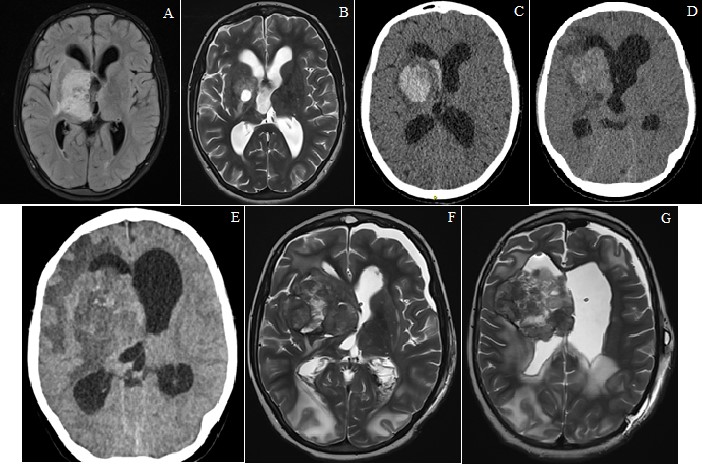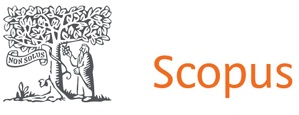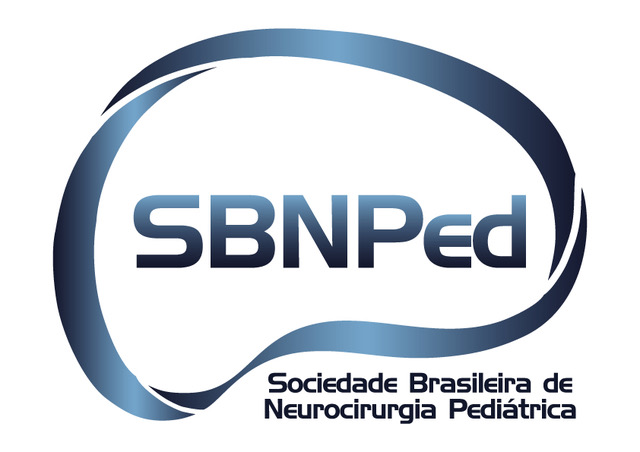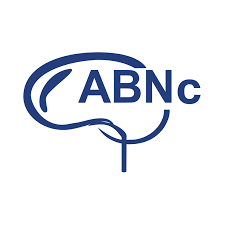Multiple ultrafast shunt failure in oncological COVID-19 pediatric patient
DOI:
https://doi.org/10.46900/apn.v5i2.169Keywords:
Shunt malfunction, COVID-19, cerebrospinal fluid shunt, Pediatric Neurosurgery, brain tumorsAbstract
Introduction: Ventriculoperitoneal shunts (VPS) are one the most frequents interventions performed in Pediatric Neurosurgery, but their failure rate continues to be high. A relation between early and repeated VPS failure and the characteristics of cerebrospinal fluid (CSF) has been previously described, and there have also been reports of alterations in CSF due to coronavirus infectious disease (COVID-19).
Case presentation: A ten-year-old girl with a low grade thalamic glioma previously treated with two partial resections, chemotherapy and proton beam radiotherapy, developed hydrocephalus with intracranial hypertension. After emergent management with external ventricular drain, a VPS shunt with a programmable valve was implanted. The patient was diagnosed of COVID-19 in between these two procedures. Afterwards, she suffered from multiple shunt complications, with several events of obstruction. Her CSF had always very high protein concentration and COVID-19 tests were persistently positive.
Discussion: Obstruction is the main cause of VPS malfunction in children, and many studies have tried to elucidate risk factors for failure, as younger age or type of shunt. High protein concentration and cells count in CSF could influence shunt failure, but evidence is controversial. Moreover, COVID19 could also be related to such CSF alterations.
Conclusion: Early and repeated shunt failures are a clinical problem with no clear treatment stablished. Many factors can be associated to such complications, including CSF alterations, which may also be related to COVID19. Evidence is scarce and contradictory in many aspects, and pediatric neurosurgeons have to face this problem frequently, so more studies with management recommendations are needed.
Downloads

Additional Files
Published
How to Cite
Issue
Section
License
Copyright (c) 2023 Celia Ortega-Angulo, Fernando Carceller, Catalina Vivancos, Alberto Medrano, Jorge Zamorano, Javier Saceda

This work is licensed under a Creative Commons Attribution 4.0 International License.

When publishing in Archives of Pediatric Neurosurgery journal, authors retain the copyright of their article and agree to license their work using a Creative Commons Attribution 4.0 International Public License (CC BY 4.0), thereby accepting the terms and conditions of this license (https://creativecommons.org/licenses/by/4.0/legalcode).
The CC BY 4.0 license terms applies to both readers and the publisher and allows them to: share (copy and redistribute in any medium or format) and adapt (remix, transform, and build upon) the article for any purpose, even commercially, provided that appropriate credit is given to the authors and the journal in which the article was published.
Authors grant Archives of Pediatric Neurosurgery the right to first publish the article and identify itself as the original publisher. Under the terms of the CC BY 4.0 license, authors allow the journal to distribute the article in third party databases, as long as its original authors and citation details are identified.





























